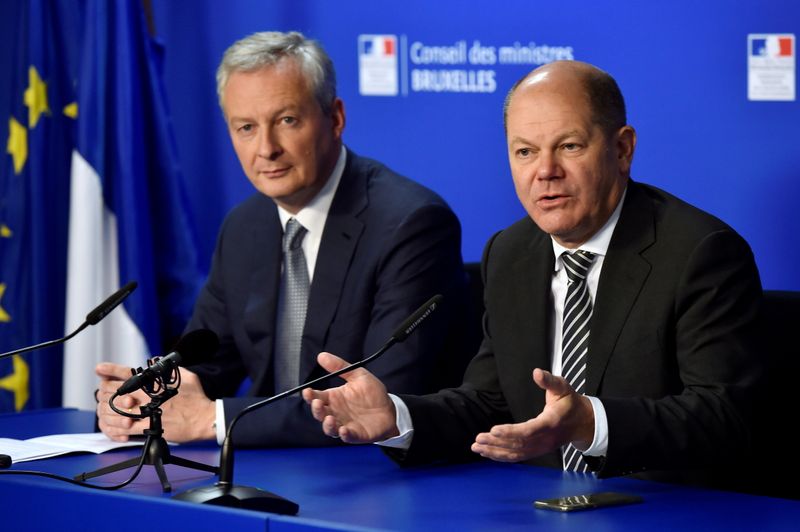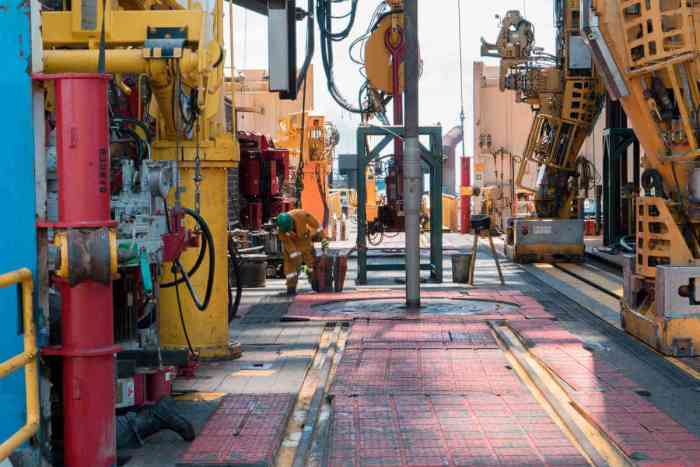LISBON (Reuters) – Euro zone finance ministers were upbeat on Friday about the prospects of the post-pandemic economic recovery, but said Europe would have to work hard to avoid long-term economic damage and not to fall behind China and the United States.
“We can see a recovery taking hold, but we also know that the challenges remain great,” the chairman of euro zone finance ministers Paschal Donohoe told a news conference.
“That the risk of scarring, the risk of damage from this pandemic in our societies, in citizens, and on the balance sheets of employers, continues to be real,” he said.
The long-term “scarring” effects of the pandemic could manifest themselves via a drop in business investment, as it did in the financial crisis a decade ago, European Economics Commissioner Paolo Gentiloni told the news conference.
It could also show in the disruption to young people’s education and training and through cuts in investment in intangible assets and research and development, despite the EU’s enormous investments in digital and green transitions.
“We are very conscious of challenges that many Europeans face at the moment, very conscious of the scars and the risks of the damage, and we will do our best to overcome those,” Donohoe said.
European Commission forecasts show the 27-nation EU will reach pre-pandemic growth levels around the middle of 2022, with some, like Germany and France, already there at the end of this year and others, like Italy or Spain only at the end of 2022.
But China and the United States will rebound more quickly, forecasts show, and the euro zone will have to act soon to boost its growth potential if it is to stay among the top performers, the French finance minister said.
“Do we want to play in the first league, or do we want to lag behind China and U.S.?” Bruno le Maire told reporters.
“We need more activity, more investment in new technologies. We have to improve the growth potential of Europe. Coming back to normal is not the right ambition. This is from a historic point of view the key decision that we will have to take over the next months,” he said.
Gentiloni echoed his remarks: “We cannot be satisfied with simply returning to the end-2019 GDP level. It is not only a rebound we are looking for. We are looking for strong, stable and sustainable growth,” he said.
The European Commission will assess over the next months reform and investment plans by EU governments aimed at making their economies more green and digitalised.
The schemes will be the basis for payouts of cheap loans and grants from the EU’s 750 billion euro ($917 billion) recovery fund, with first disbursements expected towards the end of July.
The unprecedented joint borrowing exercise will help growth, German Finance Minister Olaf Scholz said, praising it as a historic venture that will make the bloc stronger and bring it close to a fiscal union that markets have long been pushing for.
“Even when the crisis is over, we will see that we have made a big step towards a fiscal union, which will make us stronger to fight crises,” he said on entering the talks. “Europe will come out of this crisis better than it was before,” he said.
($1 = 0.8180 euros)
(Writing by Jan Strupczewski; Editing by Hugh Lawson)
























